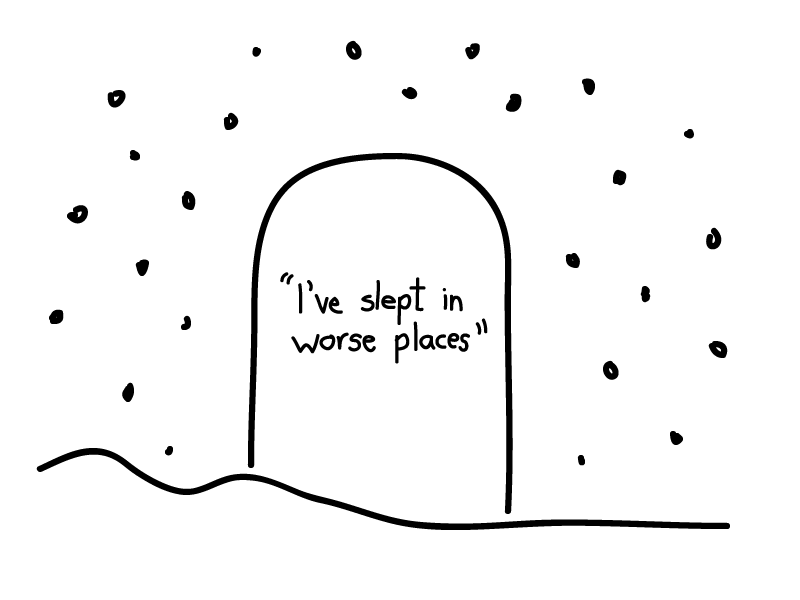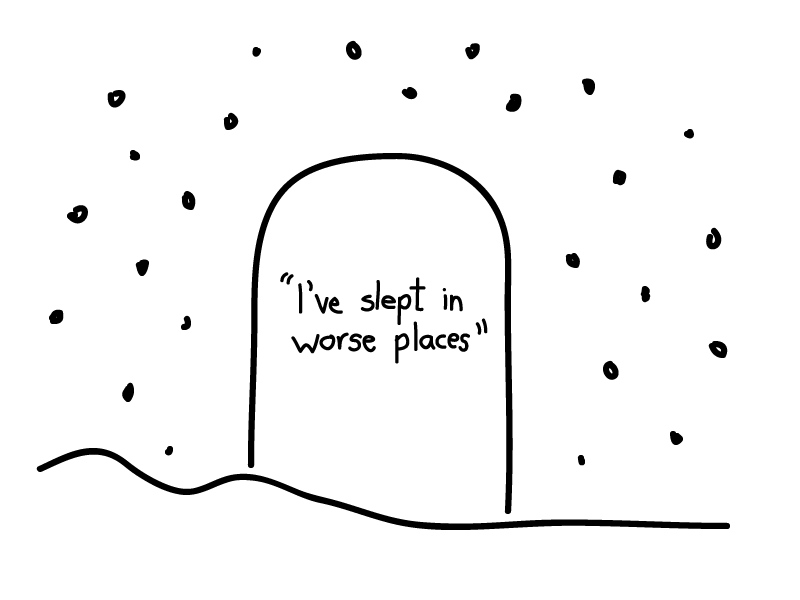Basically
This week, black women saved us all from Roy Moore. Tax reform kept on. Net neutrality did not. Disney acquired everything ‘cept Fox and Friends. And the NYT’s holiday puzzle section came just in time. You may now escape.
Further Reading
In the festive spirit, a little love sharing – here are some of our favourite, a little off-the-radar email based letters and projects that we think you should subscribe to. Tell us yours?
- In Wild Air – Each week, Heath Killen invites a guest curator to offer up a collection of interesting things, and pathways down many magical rabbitholes, for this low key, beautiful, very personal letter.
- Black Cardigan – Carrie Frye, former managing editor at The Awl, explores creativity, writing, and getting by. Check out her wonderful, just wrapped series on the quotidian realities of Sylvia Plath’s writing career.
- Sentiers – Our dear Alpine Review cohort Patrick Tanguay is finding a great rhythm with this new weekly collection of readings on very Alpiney things. This is one of the smartest things to pitch up in our inbox each week.
- The FT Variations – @fucktheory, the “semi-anonymous online alter-ego” whose “visceral experiments in philosophy” and hand-written notes we first encountered on tumblr, has recently begun sharing longer notes via email. These missives are no less urgent, fragmentary, and—in their own way—hopeful.
- Laura Olin’s Newsletter – “Lovely and/or meaningful things” from the woman who shaped Obama’s online voice. Every Thursday. She used to write The Awl newsletter Everything Changes—the highlight of which was one she called Dolly Parton Facts.
- Ann Friedman Weekly – The Awl says “Saturday mornings are for tracing the treasure map of links and fine reads curated by Hairpin chartmaker (and no pants wearer) Ann Friedman.”
(Apparently The Awl is the source of all things we like?)

Things
Two reasons to share Michael Hobbes on the structural economic disadvantages that doom millennials at HuffPo’s prestigey Highline – firstly, this is just phenomenal article design, reminding us (in a good way) of the nutso heyday of Bloomberg. Secondly, Hobbes is a great writer who pulls off something very deft in turning an overwhelming and depressing series of stats into such a compelling read.
We can never get enough of Alon Levy’s vicious applications of real world infrastructure reality against Elon Musk’s grand schemes (and the fawning tech press coverage of his theatrics) at Pedestrian Observations. This week: Elon Musk’s Ideas About Transportation are Boring. His comment section is a well-worth-reading support group for similarly bewildered critics.
Groper-chef Mario Batali really managed to raise the bar for oblivious, tasteless apologies by garnishing his with a bonus pizza dough cinnamon roll recipe. But look, instead of that, just read Helen Rosner at The New Yorker, writing so well on the too-long-accepted kind of chef culture where so much is falsely attributed to a blurred line between hunger and lust. Of course food and sex and desire and sensation are all in there together, she writes, but “even if food and sex partner well, they do not occupy the same plane of experience. Feeding one’s hunger is a mortal need; acting on one’s sexual impulses is a choice.”
The science publication Nautilus owes its writers 50k in back payments. Here’s the editor, John Steele, clearing his throat and loosening his tie.
Shazam was an AR/AI app before we knew what that meant. Like Twitter, it began as pre-smartphone text-based service. It naturally evolved to app format, where it became helpful in redirecting wayward music listeners back into industry-approved platforms. It has now made the final leap into tech-giant consolidation, destined to live on forever in the Apple cloud. We might call it corporate Neverland if it weren’t for Disney’s own ever-expanding universe.
John Herrman, one of our favourite platform tech observers, takes some time to pause and reflect on the fine line between critique and techno-moral panic. We are well-acquainted with the danger of having the former misrepresented as the latter, but John also sees this as an opportunity for greater solidarity.
Bleak: An Incomplete Timeline of What We Tried.
Let us be your excuse to email a friend.
Thought of you!





